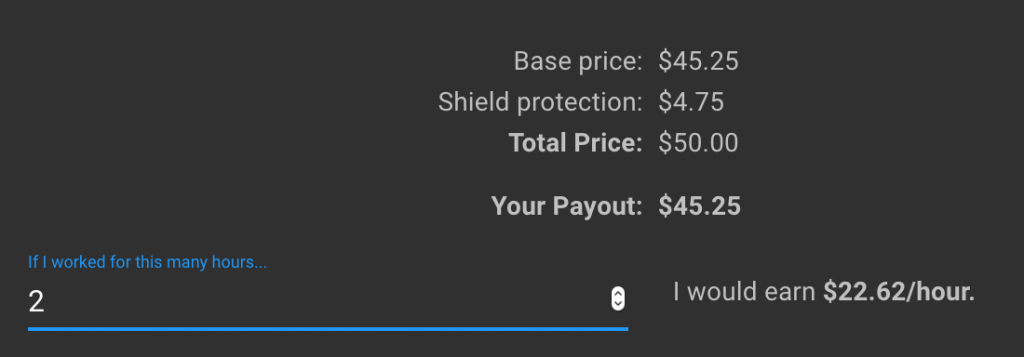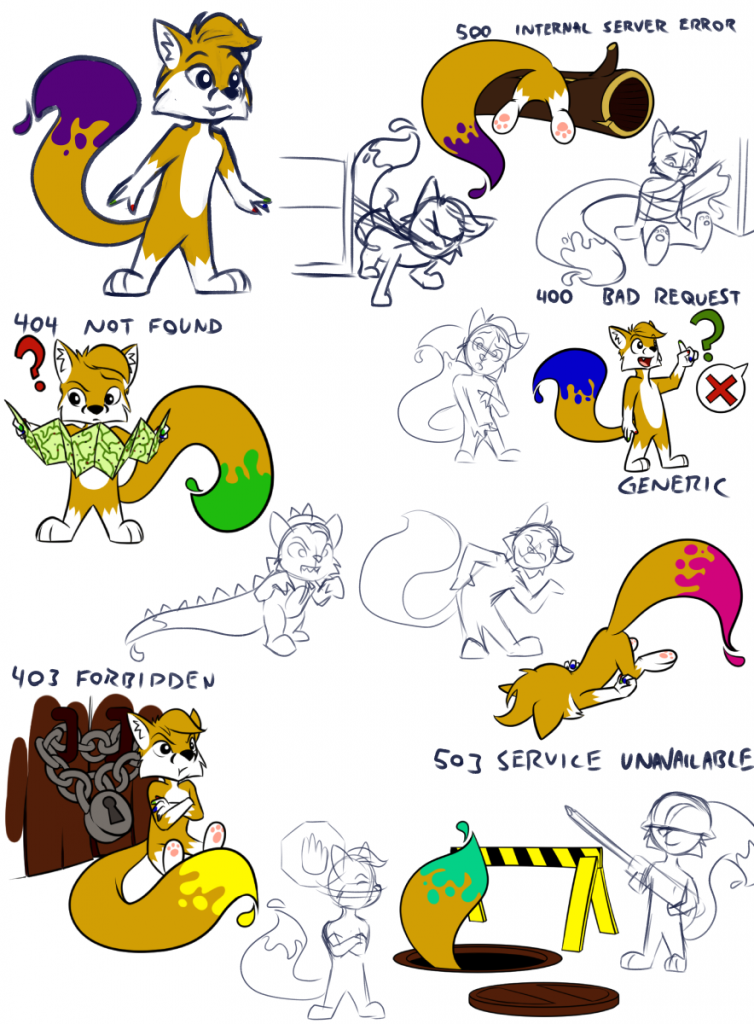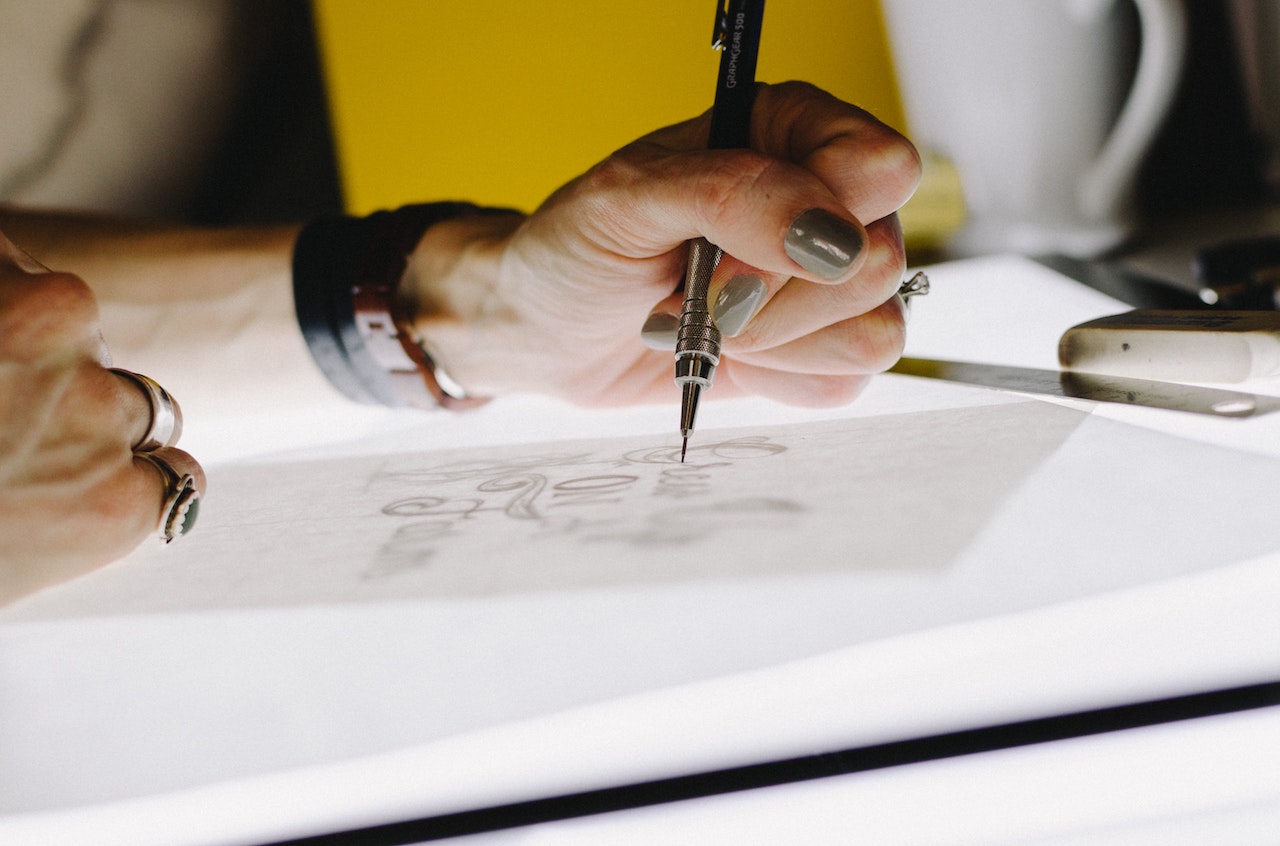Have you ever wanted to commission an artist, but weren’t sure where to start? How do you find someone? What are the norms and expectations? We’ll help you with five key insights about art commissions.
1. Art Commissions Need a Budget
Art is personal. It’s difficult to value the worth of an individual piece. Setting aside a specific amount of money you’re willing to spend will help guide you in selecting an artist to draw your vision.

Most artists are small businesses– they work for themselves, they have varying degrees of development and professionalism. While there are no hard and fast rules for art commissions, higher quality work commands higher prices. An artist’s turnaround time can also affect price.
An artist’s ‘hourly rate’ is their commission price divided by hours worked. Imagine an artist that charges $50 per commission. Suppose it takes them five hours of work to complete a piece. In this case, they’re making $10 an hour. This is why artist prices can be high.

However, artists can have trouble pricing themselves. Many artists offer prices below sustainable rates. If you catch a deal, be sure to let the artist know if you feel they’re undercharging, and that you appreciate their work. Some artists may set their prices over your budget.
Setting aside a budget also has other benefits– sometimes you can commission an artist that you normally could not if you say ‘I have this budget. What can I get for that?’ Many artists will find a way to work with you.
To make sure they can work within your budget, they may do ‘quick’ sketches or remove the chance to ask for changes to the piece. This keeps their hourly rate comfortable while still allowing them to deliver a piece for you.
However, some artists may be priced higher than you can afford. That’s OK– they’ve worked hard to be able to set their prices. It is considered rude to imply that an artist is overcharging, because it implies you know more about the value of their time than they do.
2. Have an Idea of What you Want

Artists create beautiful work, but they need an idea to start from. Provide a solid description of any characters, locations, props, and poses, or anything else important to the piece.
Maybe you’re not sure what you want. What then? Provide an artist with examples of pieces you enjoy– especially from their own portfolio. Tell them about concepts that are meaningful to you. Tell them about why you want the piece– is it going to be put on your wall? Will it serve as your avatar online? All these details will help the artist come up with something.
Spend extra time discussing anything critical to the piece. If you’re looking to get an NSFW art commission, be up front about what you want. If you have an idea what colors you’re looking for, communicate that too!
3. Art Commissions Require Patience
We mentioned earlier that most artists are small businesses. In many cases, art isn’t an artist’s ‘main gig’. It’s something they do after their 9-5 job. Adding to this, artists may have a queue filled with several art commissions ahead of yours.

If you’re on a deadline, communicate your needs clearly and make sure the artist understands and can confirm your due date. Otherwise, ask them if they have an idea when the piece will be turned around. Check in as the date nears. Ask if it is still expected to arrive on time or if they have a revised date.
Some artists are good at time management. However, the stereotype of artists having difficulty keeping organized exists for a reason. You may need to gently nudge them every so often. Your art commission should arrive in due time. When contacting your artist for a progress report, we suggest doing so weekly rather than daily.
4. Pay Attention to their Terms of Service
Established artists have Terms of Service, which is important to set expectations and avoid getting scammed. Artists include things such as IP rights, turnaround times, revisions, and other things in their Terms of Service. Some also include “will draw” and “won’t draw” lists to make their boundaries and likes clear.
Unlike the terms of service for many websites, artists’ terms of service are typically short. As you’re working one-on-one with them for a personal project, they’re also more relevant.

Most artists with terms of service have been completing art commissions for a while. Thus, they will include information needed to set the right expectations between the two of you. If you don’t know where an artist’s terms of service are, ask them!
5. Consider Previous Art Commissions an Artist has Done When Picking Them
Every artist is special, and most of them specialize. Before selecting your artist, look over their history and consider:
- Have they made something similar to what I want before?
- Do I think what I want made will look good in their style?
- How long has it been since this artist did a piece like the one I want? Do they still do work like that?

Some artists openly invite new challenges– and say so in their profiles. Most are up for something a little new– but still want something that fits well in their current portfolio. Occasionally you’ll find an artist that is capable of handling your task, but moved on to a new specialty.
An artist that draws muscled characters may not draw curvy characters well. An artist that uses desaturated tones may struggle with vibrant colors. If you’re ever in doubt, ask your artist if they feel comfortable with the task. They may be willing to do it, if given extra time. Or, they may know someone who’d be a better fit for your needs.
Ready to start the commissioning process? Come join us on Artconomy!


